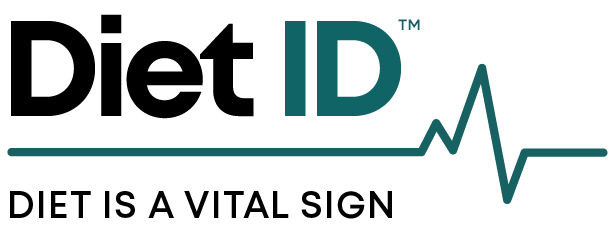Do calories count? Of course they do, but that doesn’t mean you have to track every one you consume.
Calorie counting is more than a chore; it’s a mindset. It is, over the long term, one that fosters stringent discipline and eternal vigilance at best, and at worst, obsessive behaviors and disordered eating. Yes, it might help you lose weight in the short term, but the more important question is: will it help in improving your overall health, disease risk, and longevity? And if not, what will?
We’re told, ad nauseum, that weight management is about energy balance. That calories in must equal calories out. To lose weight, burn more than you consume; to gain, consume more than you burn. And while there is some truth to this, its simplicity leads us astray, because there is far more to the story. Weight loss isn’t a calorie math game. We don’t eat calories; we eat food. Foods have complex, synergistic, and long- and short-term effects on the body and brain. What we eat -- not just the amount -- impacts weight because the “what” helps determine cravings, mood, energy, and satiety, all of which guide calorie intake in their own right. The foods we eat are also, of course, the most important determinant of our overall health.
So what else, besides calories, impacts weight? The composition of the food itself, your genetics, sleep habits, exercise habits, gut microbiome, medications, health conditions, even your stress levels all dictate what your body does with the calories you eat -- including whether they get metabolized as energy, or stored as body fat. When you consider all of these factors, it’s easy to see how relying on calorie counting can backfire.
While extreme, this example illustrates my point: you can get 100 calories from brownies, or 100 calories from broccoli, but each of these have profoundly different immediate and long-term effects on your body. They affect brain chemistry, digestive health, insulin and blood sugar balance, mood, energy levels, and more. The foods you choose essentially guide your appetite, hunger, and metabolic rate -- these all affect your weight.
High quality foods are largely unprocessed and plant-based: vegetables, fruits, beans/legumes, and whole grains. Base your diet predominantly on these foods, and even with occasional indulgences like small amounts of added sugars and concentrated fats, calories will take care of themselves.
Simple, wholesome, nutrient-dense foods help fill us up and keep us full. They don't send a surge of sugar into our bloodstream and wreak havoc on our brain chemistry, leading to cravings and overeating. Highly processed, energy-dense but nutrient-poor foods are those that bring about such responses.
I challenge you to shift your paradigm from thinking about your diet in terms of only quantity, and focusing on diet QUALITY. In other words, abandon the numbers and embrace the essence, if you will, of the foods you introduce to your body. When you focus on quality, calories are secondary: it’s hard to overdo that broccoli (100 calories is over 3 cups!), but super easy to overdo on the brownies (100 calories is only a tiny square). High quality, mainly unprocessed diets have built-in calorie control mechanisms -- they are nutrient dense, high in water and fiber, and often high volume (especially fruits, vegetables, and whole grains) which help you feel full and satisfied before you can overdo, yet lack the addictive qualities of fatty/salty/sugary low-quality foods that are designed to maximize the amount of calories it takes to feel full.
Bottom line? To quote Diet ID’s CEO David Katz, “The best way to control the quantity of calories consumed is not by counting them while going hungry for the rest of your life. The best way is to fill up reliably to complete satisfaction on the lowest possible tally of calories--and the way to do that...is to eat high-quality, wholesome foods assembled into the balance of a high-quality dietary pattern.”
Diet ID helps its users free themselves from the burden of counting and tracking calories to lose weight. Let us help you improve the diet quality of your population, or yourself! Send me an email to learn more.



